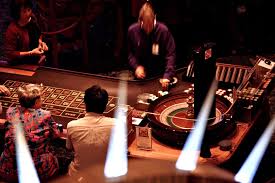Вход на зеркало Селектор казино
Актуальное зеркало Selector GG Casino полностью соответствует по структуре и функционалу основному сайту, что позволяет обходить ограничения доступа от провайдера. Для входа в личный кабинет применяются логин и пароль, указанные при регистрации на главном ресурсе, либо авторизация через социальные сети. Игроки могут пополнять счет, подавать заявки на выплаты, использовать демо-версии игр, участвовать в розыгрышах и акциях. Зарегистрированные пользователи могут редактировать персональные данные, а новые клиенты могут пройти процедуру регистрации и верификации на действующем зеркале Селектор казино.

Даже при условии, что Селектор казино располагает официальным веб-ресурсом и легальным статусом, его портал может подвергаться случайным блокировкам по юридическим причинам. Для поддержания непрерывного доступа игроков была создана масштабная сеть зеркал - точных копий основного сайта с идентичными возможностями. Актуальные ссылки на работающие зеркала Селектор казино можно найти на официальном сайте или с помощью специального браузерного расширения.


